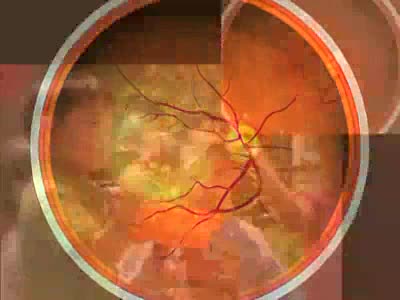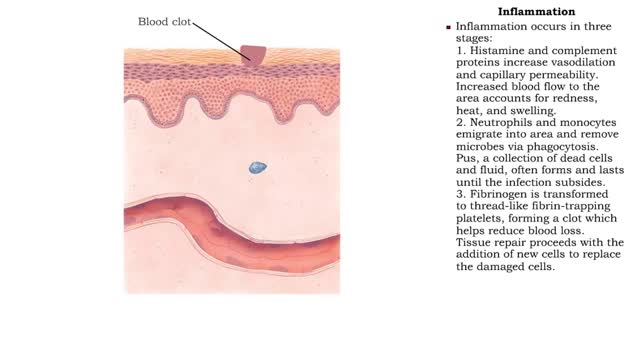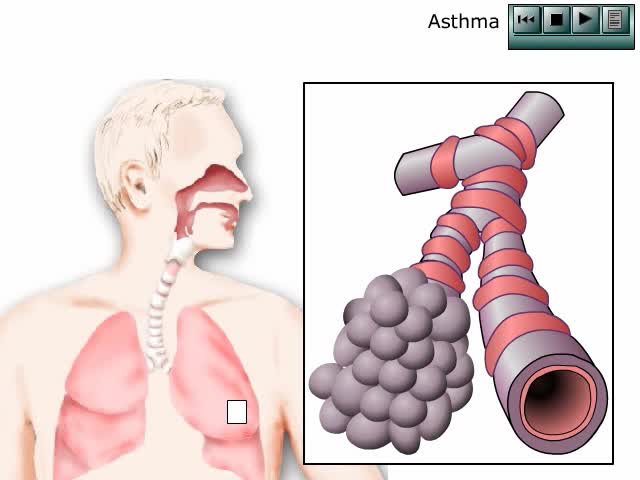Search Results
Results for: 'Non-specific disease resistance mechanisms'
Plant Defense Mechanisms from Pathogens
By: HWC, Views: 9938
Plants and pathogens have coevolved such that pathogens can recognize plants by the sugars, or other molecules, they produce. Plants, in turn, can recognize pathogens by the molecules they produce. The ability to recognize pathogens allows plants to activate defense systems that can prevent wides...
Introduction to Macular Degeneration
By: Administrator, Views: 13536
Macular degeneration An incurable, age-related, progressive eye disease that affects more than 10 million Americans. Leading cause of blindness for those ages 55 and older. Macular degeneration For the first time, researchers have linked gene defects to macular degeneration. Could lead to ...
By: Administrator, Views: 13739
A urinalysis is a test of your urine. A urinalysis is used to detect and manage a wide range of disorders, such as urinary tract infections, kidney disease and diabetes. A urinalysis involves checking the appearance, concentration and content of urine. Abnormal urinalysis results may point to ...
By: Administrator, Views: 13458
Chronic kidney disease (CKD) is the presence of kidney damage, or a decreased level of kidney function, for a period of three months or more. Kidney disease can range from mild to severe and in some cases, lead to kidney failure.
By: Administrator, Views: 349
Gonorrhea, colloquially known as the clap, is a sexually transmitted infection (STI) caused by the bacterium Neisseria gonorrhoeae. Infection may involve the genitals, mouth, or rectum. Infected men may experience pain or burning with urination, discharge from the penis, or testicular pain. Infec...
Gastroesophageal Reflux Disease (GERD)
By: Administrator, Views: 13511
Gastroesophageal reflux disease, or GERD, is a digestive disorder that affects the lower esophageal sphincter (LES), the ring of muscle between the esophagus and stomach. Many people, including pregnant women, suffer from heartburn or acid indigestion caused by GERD.
By: HWC, Views: 11048
• Inflammation is an immune response that can occur anywhere in the body, but is observed most frequently on the skin. • It provides early protection by preventing infection from spreading to other parts of the body. • Inflammation also promotes repair of damaged tissues. Inflammat...
By: Administrator, Views: 13608
Spirometry is a common test used to assess how well your lungs work by measuring how much air you inhale, how much you exhale and how quickly you exhale. Spirometry is used to diagnose asthma, chronic obstructive pulmonary disease (COPD) and other conditions that affect breathing
By: Administrator, Views: 13568
Asthma is a common chronic disease worldwide and affects approximately 26 million persons in the United States. It is the most common chronic disease in childhood, affecting an estimated 7 million children. The pathophysiology of asthma is complex and involves airway inflammation, intermittent ai...
Advertisement











